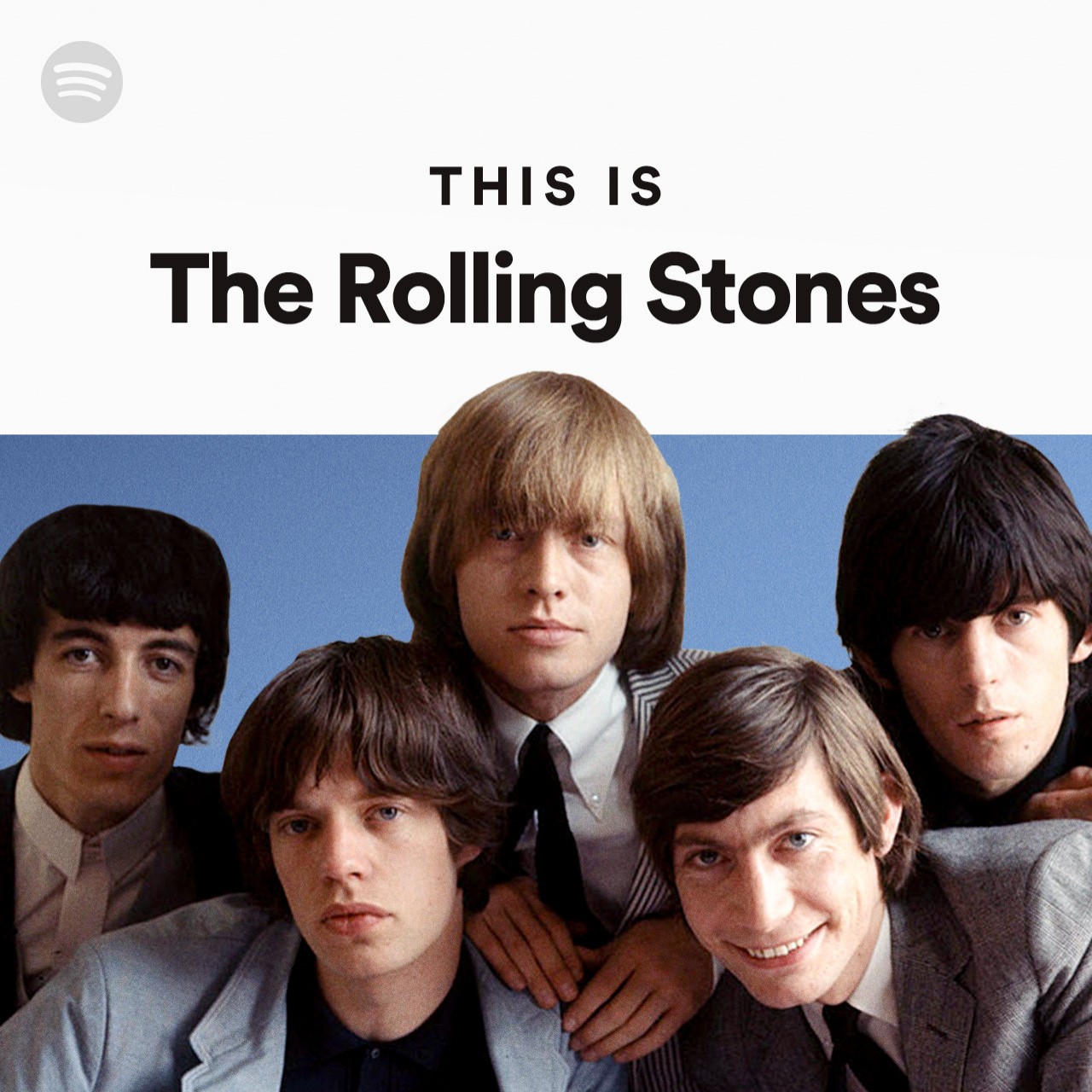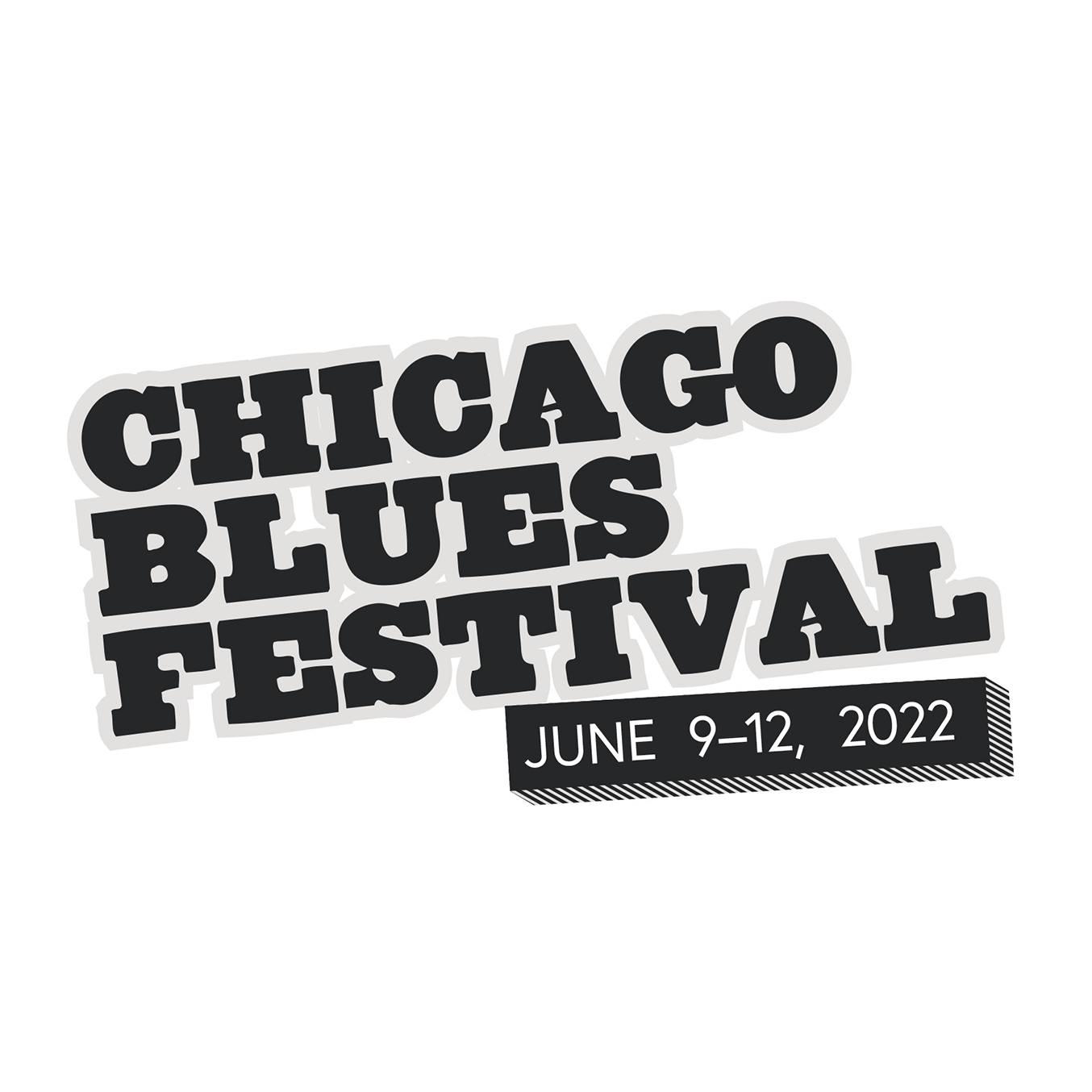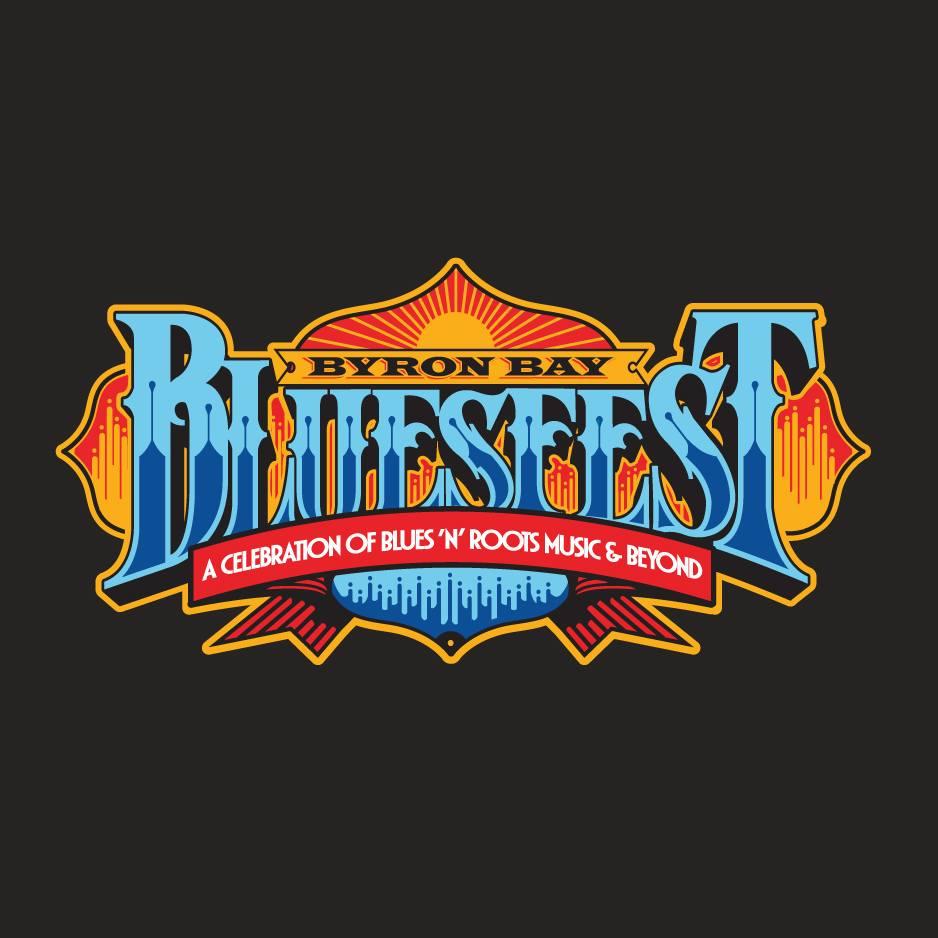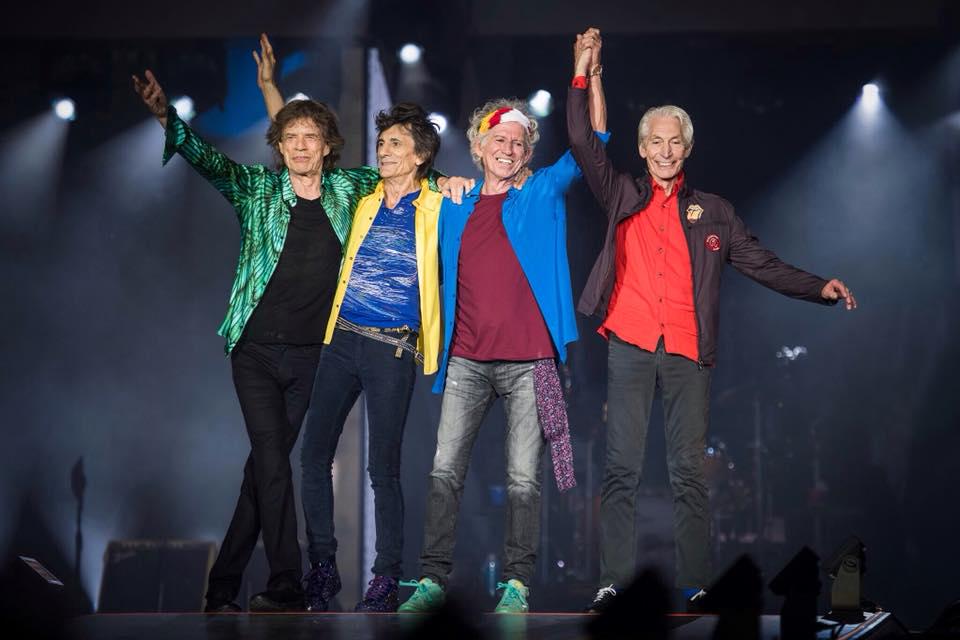
The Rolling Stones
GBR • Blues Rock

Eric Clapton
GBR • Blues Rock
Eric Clapton
 GBRBluesBlues Rock
GBRBluesBlues Rock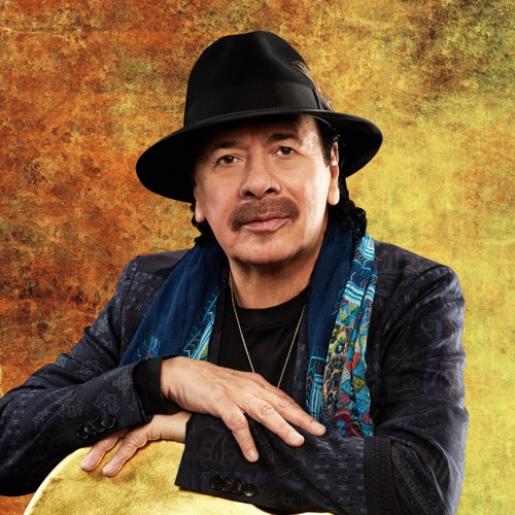
Santana
MEX • Blues Rock
Santana
 MEXBluesBlues Rock
MEXBluesBlues Rock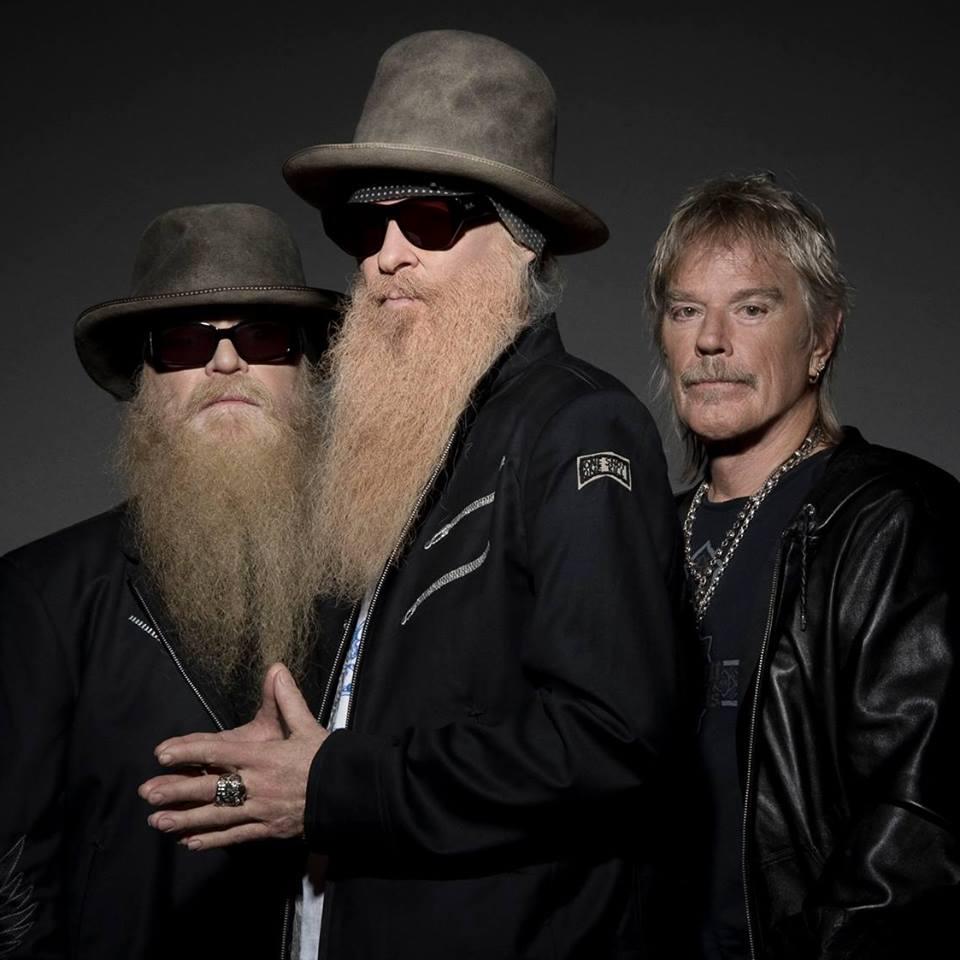
ZZ Top
USA • Blues Rock
ZZ Top
 USABluesBlues Rock
USABluesBlues Rock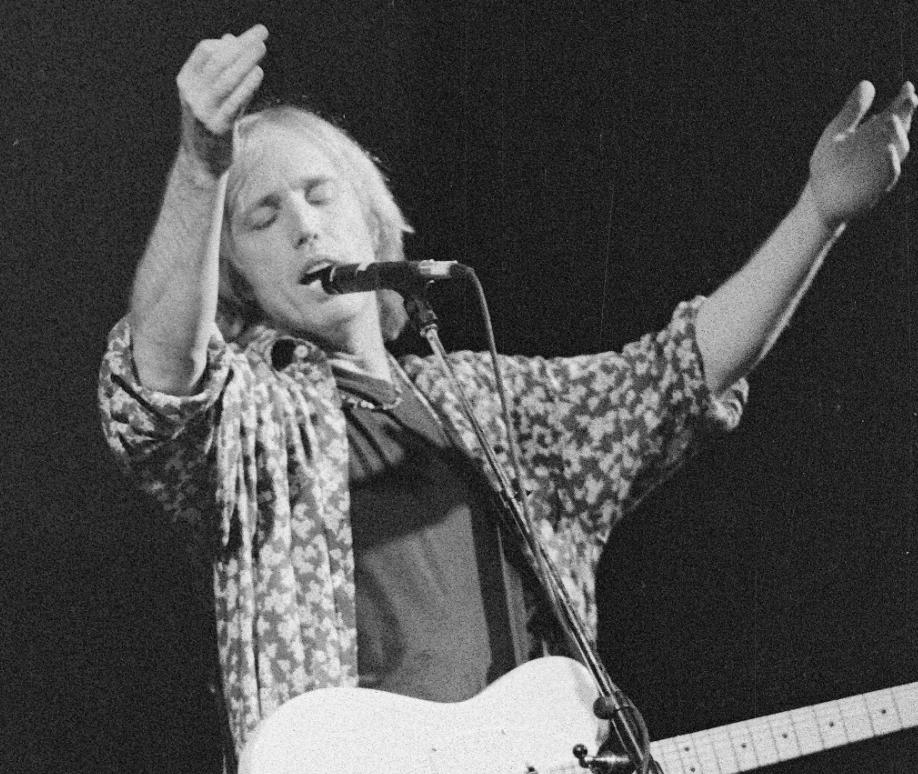
Tom Petty
USA • Blues Rock
Tom Petty
 USABluesBlues Rock
USABluesBlues Rock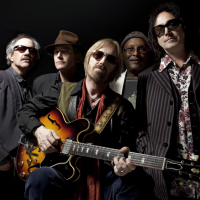
Tom Petty and the Heartbreakers
USA • Blues Rock
Tom Petty and the Heartbreakers
 USABluesBlues Rock
USABluesBlues Rock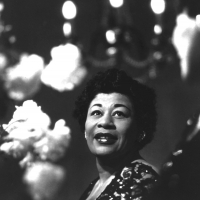
Ella Fitzgerald
USA • Classic Blues
Ella Fitzgerald
 USABluesClassic Blues
USABluesClassic Blues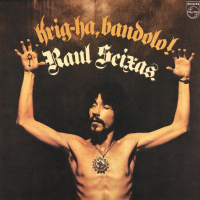
Raul Seixas
BRA • Blues Rock
Raul Seixas
 BRABluesBlues Rock
BRABluesBlues Rock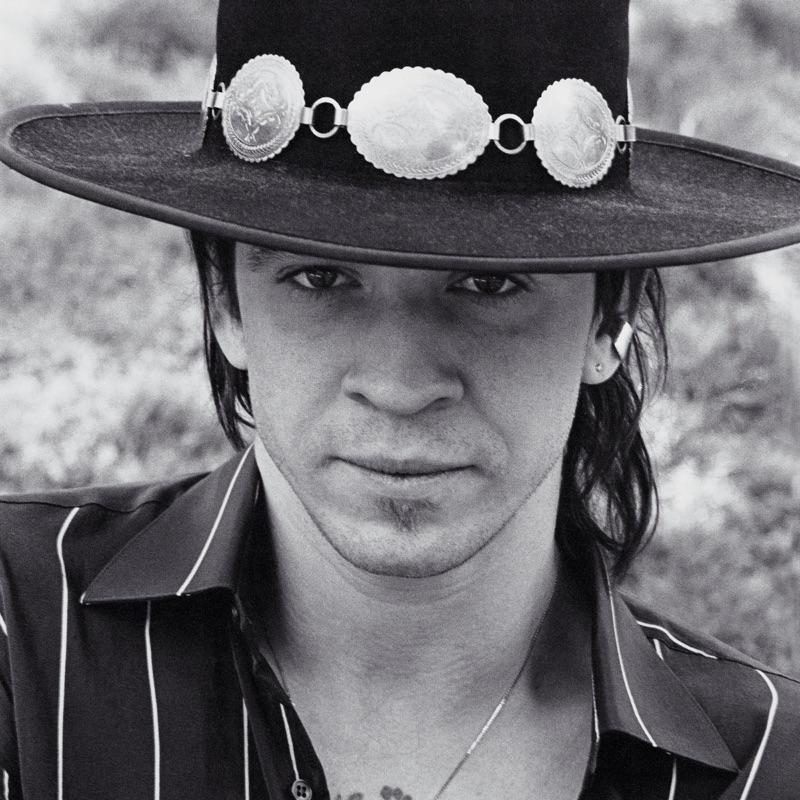
Stevie Ray Vaughan
USA • Blues Rock
Stevie Ray Vaughan
 USABluesBlues Rock
USABluesBlues Rock
The Teskey Brothers
AUS • Blues Rock
The Teskey Brothers
 AUSBluesBlues Rock
AUSBluesBlues Rock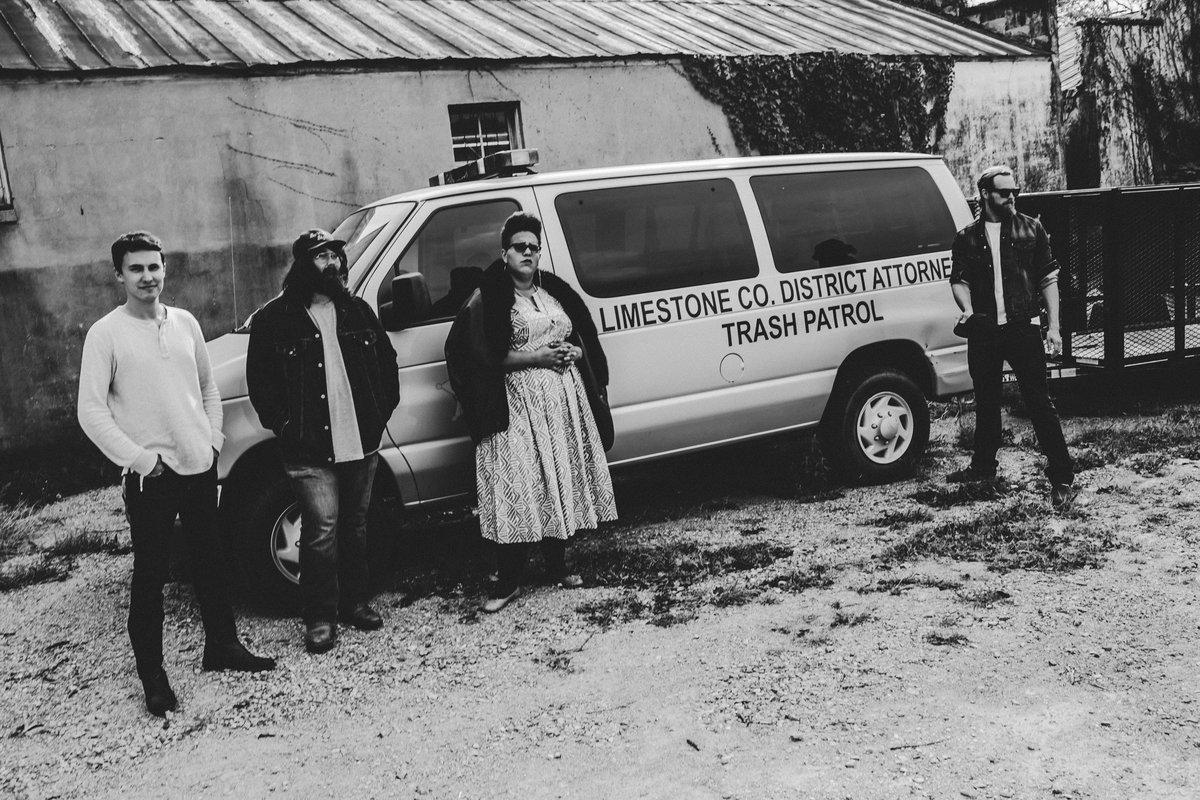
Alabama Shakes
USA • Blues Rock
Alabama Shakes
 USABluesBlues Rock
USABluesBlues Rock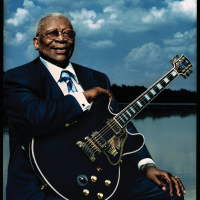
B.B. King
USA • Classic Blues
B.B. King
 USABluesClassic Blues
USABluesClassic Blues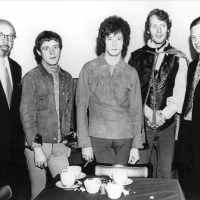
Cream
GBR • Blues Rock
Cream
 GBRBluesBlues Rock
GBRBluesBlues Rock
Joe Bonamassa
USA • Blues Rock
Joe Bonamassa
 USABluesBlues Rock
USABluesBlues Rock
Rio Clappy
IDN • Blues Rock
Rio Clappy
 IDNBluesBlues Rock
IDNBluesBlues Rock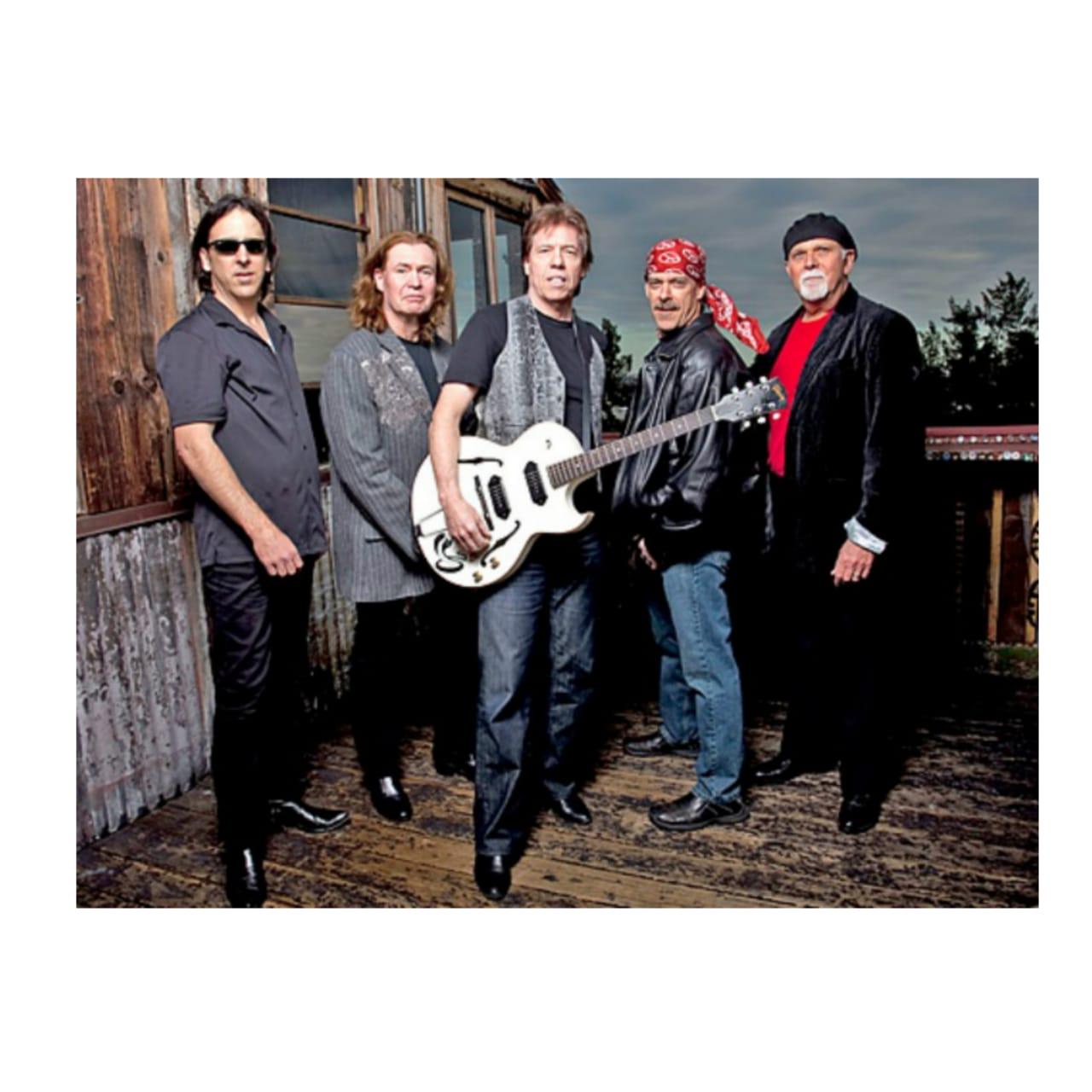
George Thorogood & The Destroyers
USA • Blues Rock
George Thorogood & The Destroyers
 USABluesBlues Rock
USABluesBlues Rock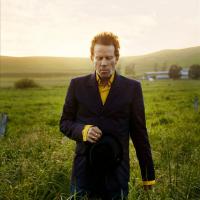
Tom Waits
USA • Blues Rock
Tom Waits
 USABluesBlues Rock
USABluesBlues Rock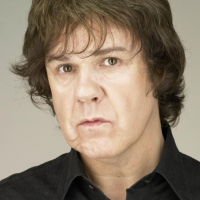
Gary Moore
GBR • Blues Rock
Gary Moore
 GBRBluesBlues Rock
GBRBluesBlues Rock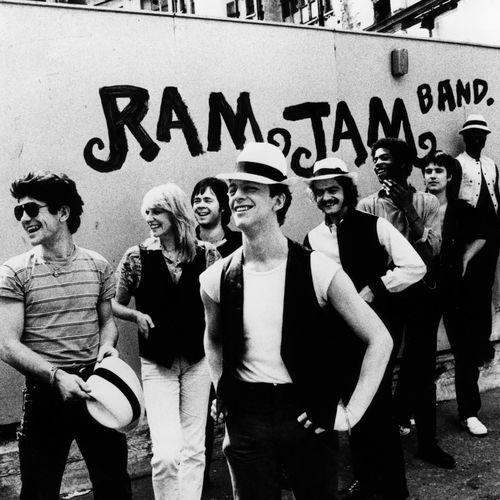
Ram Jam
USA • Blues Rock
Ram Jam
 USABluesBlues Rock
USABluesBlues Rock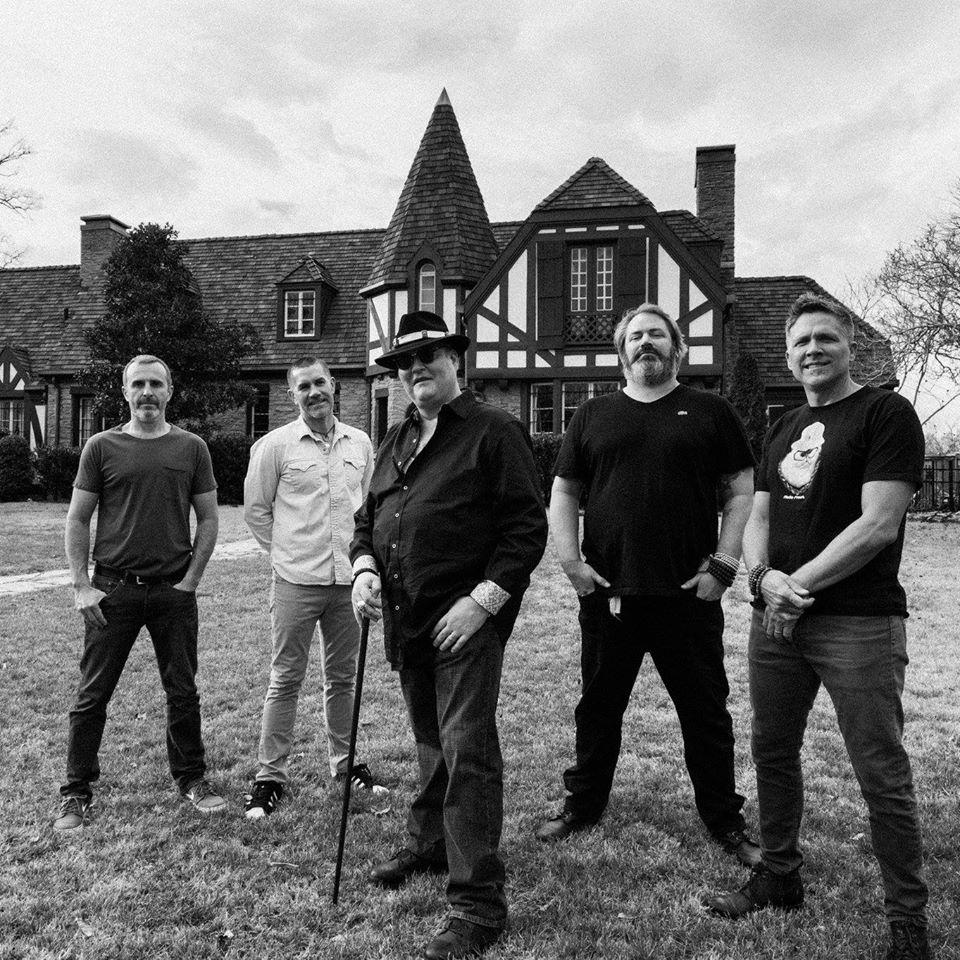
Blues Traveler
USA • Blues Rock
Blues Traveler
 USABluesBlues Rock
USABluesBlues Rock Viberate
Viberate











